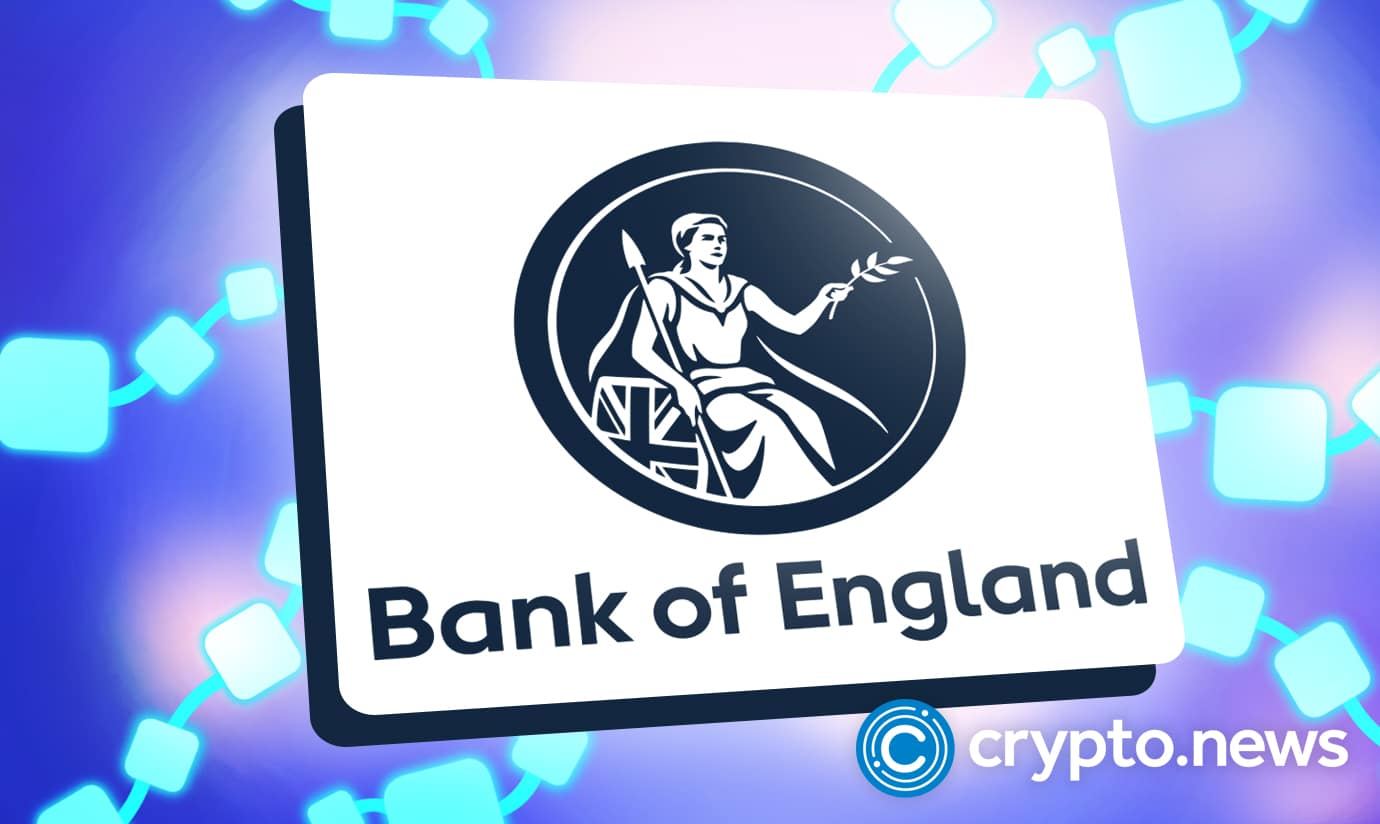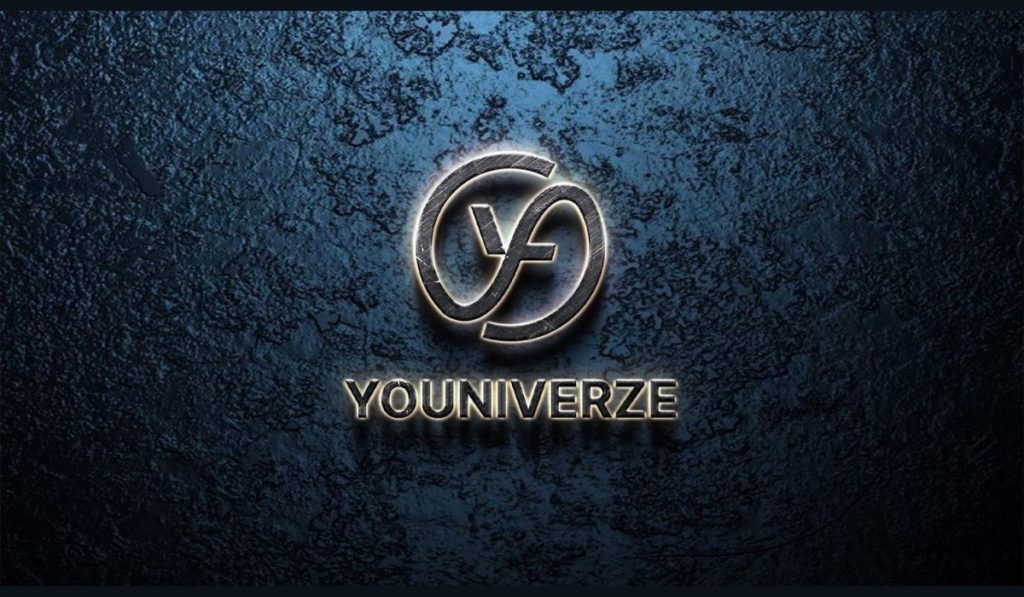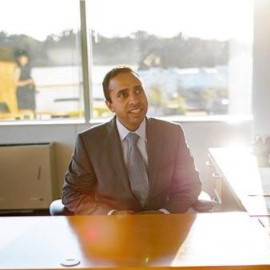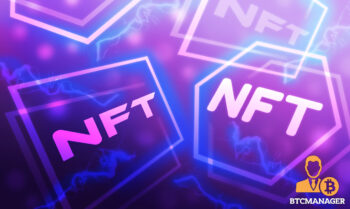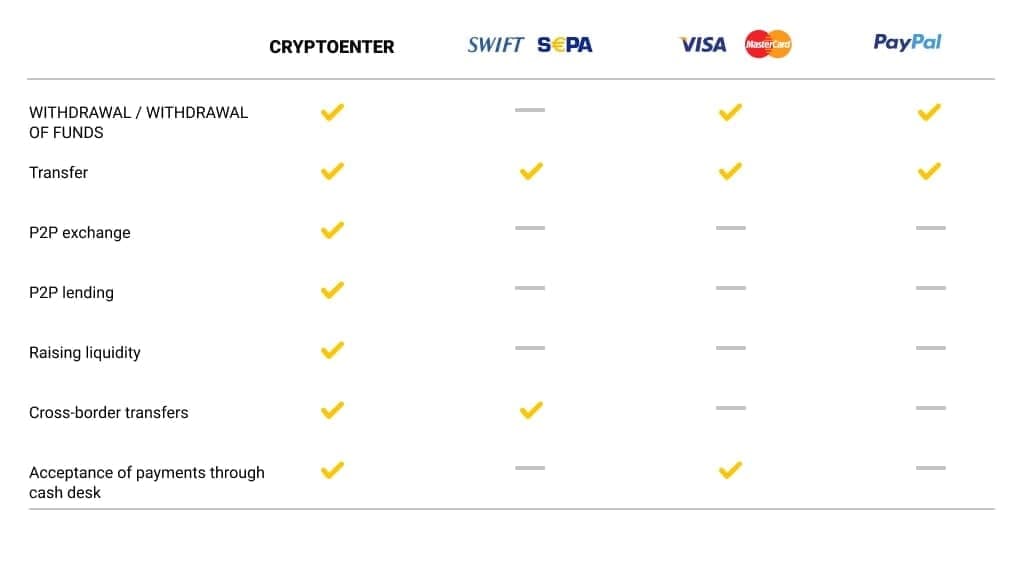2018-10-20 20:04 |
Blockchain Technology and The Press
News is very different than it used to be years ago. Not only may people read less, but they also read less and try to digest the information faster. The decline in the news industry and other traditional sources of the revenue that the industry has relied upon has led to the need for the industry to reinvent such sources of income and it has led to mixed results.
The news industry has also faced controversy for its alleged use of fake news, which as then led to a wave of distrust. Statista conducted several studies that have revealed,
“In light of the fake news scandal which overshadowed the 2016 Presidential Election and the early days of President Trump’s tenure, trust in the media both in the United States and worldwide has nosedived.”
Several technological and legal proposals have been put in place in an attempt to assuage the problem. Blockchain firms have put forth several strong proposal, and a notable one was made by Civil. Twitter CEO Jack Dorsey reported that the platform was interested to combat the spread of fake news as well. The big question that arises here is whether blockchain technology can successfully save the press.
Right now, the answer is unclear. News of Civil and its ICO appeared in the news in September and the platform stated that it is interested in introducing a new funding model and “supporting an ecosystem that enables journalists to focus on serving their readers above all else.” Things seemed to be going well, in early October, the platform partnered with Forbes and received backing by investment firm ConsenSys. However, it became clear that the ICO would not be able to reach its goal of $8 million, and had only raised $1.4 after a few weeks. The platform then canceled the sale and participants received refunds of their funds. The was no definite reason as to why the sale failed – and some suggest that it may have had to do with poor ICO management, technological issues, and maybe even a lack of interest in the platform.
Matt Coolidge, the founder and CEO of Civil, believes that it may have been the lack of interest. He stated,
“It’s safe to say that the success of the token sale and the larger success of Civil are not mutually inclusive. You mentioned interest – and that’s what we’re what we’re most excited about thus far. Nearly 3,000 people have taken the series of non-trivial steps to signal their strong interest in participating in CVL – that’s a much higher rate than the majority of token sales in recent months, especially in this bear market for cryptocurrencies. We see that s a more than ample foundation for an active network of participants.”
Civil will be holding a second round of funding, but there is uncertainty as to whether it will be successful. At this point, if anything, the platform has at least been able to set a clear path for ways that blockchain can be used to improve the media industry. If Civil is unsuccessful at changing the industry using blockchain technology, then someone else may be able to do it.
Coolidge further mentioned that his platform was designed to address “two twin crises: ownership and distribution. With few exceptions, journalists have lost control of the model – the vast majority of daily newspapers are now owned by hedge fund, private equity firms or media holding companies, none of whom is incentivized to invest in quality journalism at the expense of returning profits to shareholders. It’s this mentality that has led to the wave of endless layoffs and outright closings of newspapers around the U.S. and worldwide (the most sober stat we’ve seen that underscores this phenomenon: more than 200,000 journalists have left the industry since 2000.)”
To truly understand whether blockchain is able to offer anything substantial for the industry, it is important to determine where the media’s problems lie. Coolige stated to Finance Magnates that,
“Google and Facebook have effectively cornered the digital advertising market (they control more than 80% of digital and spend worldwide). This means that two companies who own the dominant media distribution platforms (YouTube, in the case of Google) are able to exercise inordinate influence over journalists.” Coolidge added, “Neither company is focused on serving ethical journalism if it comes at the expense of their ability to attract/retain users – and more specifically, their data.”
Jeff Koyen, publisher at ICORanker.com and a career journalist stated to Finance Magnates,
“Facebook doesn’t care about media sustainability. Given its way, every publisher would rely exclusively on Facebook to reach their audiences in exchange for a share of ad revenue.”
He continued,
“Their efforts to curtail false news and misinformation on the platform are woefully inadequate. Rather than start with a fresh, down-to-the-bones look at the problem – which could jeopardize earnings – Facebook is putting band-aids on its existing algorithms and processes. For starters, they’re relying on the crowd (ie, their own users) to assign media trustworthiness. See nay problem with this?”
A major problem is that it results in split perception and in the worst cases, varying facts. News sources that understood that they would get more traffic by putting particularly strong political spins or fake facts have taken over the internet, which has led to a web of misinformation and distrust of the media. Moreover, given that advertising practices incentivize such platforms to show people content that they are likely to click, people on varying ends of the political spectrum are unlikely to share or even view conservative information.
Addressing how blockchain can address these issues, many raise the point that blockchain can be tied to a token, which can be easily traced from the beginning to end in a fully-transparent, decentralized, and non-alterable ledger. Koyen states,
“To retain the public’s trust, the media needs to adopt radical transparency as a guiding principle. The media is really just a giant supply chain, and it must be treated as such.”
He added,
“I believe it’s time for the media to be mapped and indexed as a global supply chain. Every article, every byline, every video, every editor – collecting, analyzing and indexing every important step of the media production process. This data, in turn, will be made available to all third parties who are working on the problem of false news and misinformation. (Yes, even Facebook is invited to layer data into their calculations.)” Moreover, “building tools that will help news consumers make their own decisions about trustworthiness and media integrity is crucial.”
The tools would not be blockchain based.
“Using blockchain technology to make this work? That’s actually the least interesting part of the story. A supply chain platform that’s helping journalism save itself through data transparency at would be wildly important. I believe this is the absolute best use case for blockchain and media trust.”
Alison McCauley, author of Unblocked: How Blockchain Will Change Your Business and CEO of Unblocked Future, shared Koyen’s sentiments. She stated,
“The same features used to track assets are the focus of startups looking to combat fake news. Many of their approaches center on proven validation. There are two sides of validation: the contributor’s identity, and the content’s authenticity.”
When it comes to contributor identity, there are many emerging companies that are seeking to become a trusted third-party verifier and protector of identity. The user shares enough with the third party so that they can verify who they say they are.
She continued,
“Approaches include encrypting stories on the blockchain so they are more difficult to modify, verify the authenticity of user generated content, or developing economic incentives and transparent, auditable network to hold curators and the community accountable for integrity of content.”
McCauley also believes that such a platform may not be the final solution to the problem.
Rather, she stated,
“This may be just the beginning of an arms race against fake news. There is a vast network of resources focused on generating and profiting from fake news today – and the rest of us haven’t had much of an arsenal to use in the battle.” And “Blockchains could make fake news more difficult to perpetuate, and less profitable. However, as AI, machine learning and the use of bots becomes more sophisticated, this will likely prove to be a long-term war.”
origin »Bitcoin price in Telegram @btc_price_every_hour
High Performance Blockchain (HPB) на Currencies.ru
|
|









